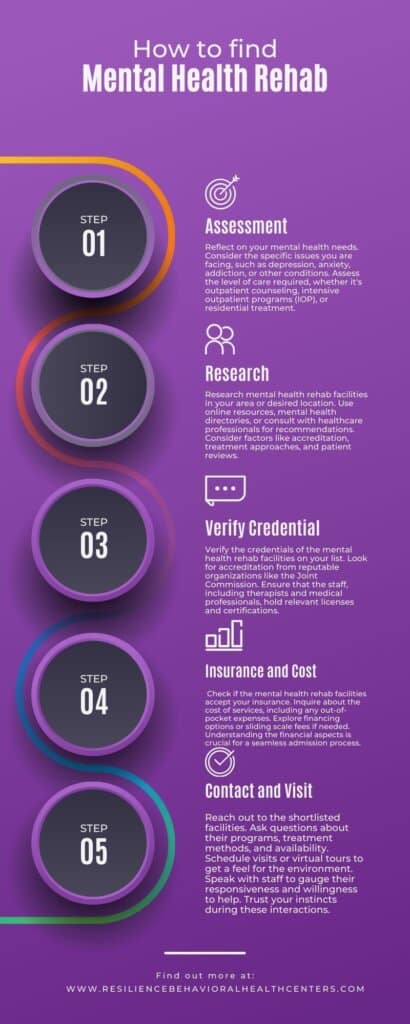The Impact Of Nutrition On Mental Health Recovery
*Spoiler Alert* proper nutritioning is one of the cheat-codes Massachusetts mental health rehab centers utilize for achieving unprecedented success.
Struggling with your mental health? You may think you’ve nailed your morning routines to stay happy, but the truth is that lots of folks still face a mental health challenge.
Can you guess where you are lacking? Food and Nutrition.
For real? Yep.
Welcome to a journey where the road to mental health recovery intersects with the power of nutrition.
In this blog, we’ll explore the emphasis on nutrition in Mental health rehab in Massachusetts. Let’s uncover the simple yet transformative role that food plays in nurturing both mind and body.
The Importance of Nutrition for Mental Health
A diet rich in essential nutrients not only fuels our bodies but also acts as a catalyst for positive mental changes such as:
Brain Functionality
Proper nutrition provides the brain with the necessary building blocks for optimal function. Nutrients like omega-3 fatty acids, vitamins, and minerals play crucial roles in neurotransmitter synthesis and overall cognitive function.
Mood Regulation
Certain foods can influence the production of neurotransmitters like serotonin, often referred to as the “feel-good” neurotransmitter. Balancing blood sugar levels through a well-rounded diet can contribute to stable moods and emotional well-being.
Inflammation Reduction
A diet high in antioxidants and anti-inflammatory foods helps combat inflammation. Moreover, it alleviates the symptoms associated with conditions like depression and anxiety.
The Benefits of Nutrient-Rich Eating for Mental Well-being
Enhanced Energy Levels
A nutritious diet provides sustained energy, reducing fatigue and lethargy that can contribute to feelings of despair and hopelessness.
Improved Cognitive Strength
Nutrient-rich foods support cognitive function, enhancing the brain’s ability to adapt and respond to stressors effectively.
Stress Reduction
Certain nutrients, such as magnesium and B vitamins, play a role in stress response. Besides, it can help the body better cope with the challenges of daily life.
Improved Sleep Quality
Eating disorders can cause addiction and affect sleep patterns. A well-balanced diet promotes restful sleep. Regular intake of Lavender tea can help you combat insomnia.

Final Words
In essence, the importance of nutrition in mental health recovery lies in its ability to nurture the body and mind, offering a holistic approach to well-being. By recognizing and incorporating the benefits of nutrient-rich eating, individuals can empower themselves on the path to mental health resilience and recovery.

